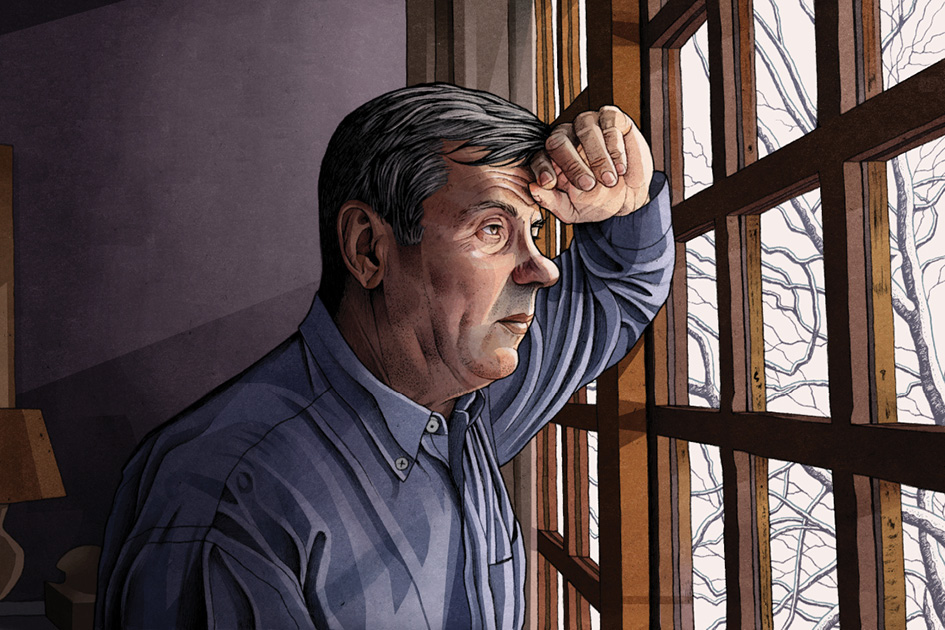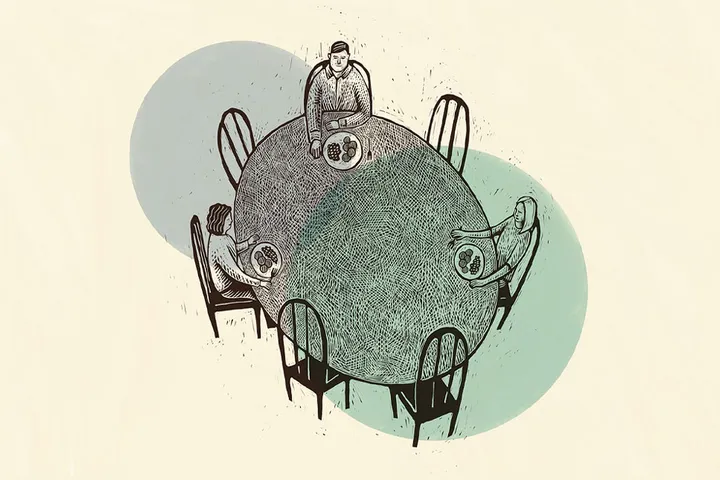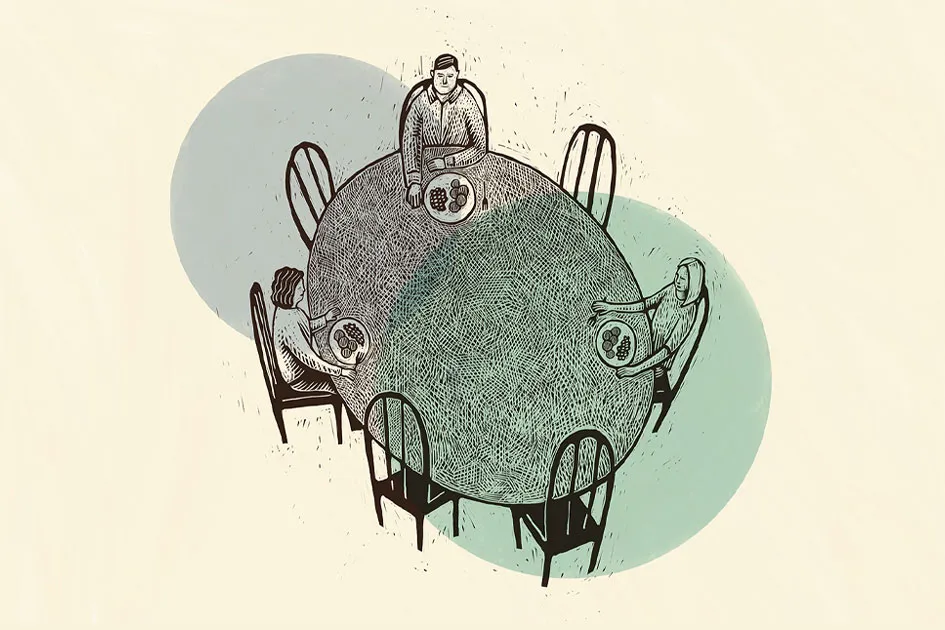Worry is a debilitating state of mind that if not dealt with can erode our joy, peace, and healthy sense of God’s presence … [It] is essentially an assault on the character of God, since underlying most of our concerns is the notion that somehow God will not come through for us. When we confront worry with affirmations of God’s goodness, mercy, and faithfulness, we can disarm [its] explosive nature … When we deliberately choose to trust God to take care of the circumstances that generate our anxiety and simply concentrate on taking acre of the business the Lord sets before us each day, we can experience newfound contentment and stability.
—Charles F. Stanley, A Touch of His Presence

Back in the early ’80s my husband and I were brand-new Christians and utterly clueless about the life of faith we’d just embarked on. Neither of us had any experience with church, and our familiarity with the Bible was limited to a handful of stories from creation up to the Ten Commandments. God knew we needed to be “train[ed] up in the way [we] should go” (Prov. 22:6) and graciously provided Fred and Penny for the task.
The Richardsons took us on with stunning generosity of time and emotional investment (plus gobs of grace). Fred systematically taught us the basics and built our Bible literacy. Then, after each lesson, we’d linger to fellowship over the best cookies in Rhode Island. It was in this relaxed back-and-forth about relationships and work and parenting that we absorbed how to apply scriptural principles in everyday situations and seek the Holy Spirit’s direction.
Our life provided a wealth of material for those informal lessons. This was especially true when it came to anxiety, as my husband and I were inveterate worrywarts. Now, I’m not talking about clinical anxiety or some other unavoidable medical or emotional condition. In our case, worry was more of a go-to response—a learned behavior for any situation we couldn’t guarantee or control. And that comprises much of life.
I’d never considered that my anxiety affected anyone but me. But as Fred explained, it could be a sin “because you can’t worry and be trusting God 100 percent.”
Dr. Stanley’s quote calling worry “an assault on the character of God” triggered a flashback to Fred’s living room and the first time (of many) that he suggested our tendency might actually qualify as sin. I was taken aback; I’d never considered that my anxiety affected anyone but me. But as Fred explained, it could be a sin “because you can’t worry and be trusting God 100 percent.”
We learned a lot from his lessons but even more from the way he lived them out. In fact, Fred’s story about how he stopped worrying became a turning point for me. He described pacing upstairs for hours, anxious because his teenager was driving in a blizzard. The next morning, he discovered his son had canceled plans because of the storm and quietly let himself back into the house. Then, to avoid waking anyone, the boy slept in the living room—eight feet directly below where Fred was pacing!
Recognizing the uselessness of worry affected my thinking; the blizzard story would come to mind every time what-ifs started to plague me. Meanwhile, Fred immersed us in Scripture to build our confidence in God’s trustworthiness (he had stories for that as well), and little by little, worry’s hold loosened.
“Underlying most of our concerns is the notion that somehow God will not come through for us.”
So, all these years later, is worry a thing of the past? No, not entirely. But I find I’m quicker to reframe hard circumstances according to the truth of Scripture. Doing so has gradually become more of a reflex and I’m thankful, as it’s a far less torturous way to live. I give credit to God’s perfect (and now lengthy) track record of faithfulness—and to the difference other Christians have made in my life.





